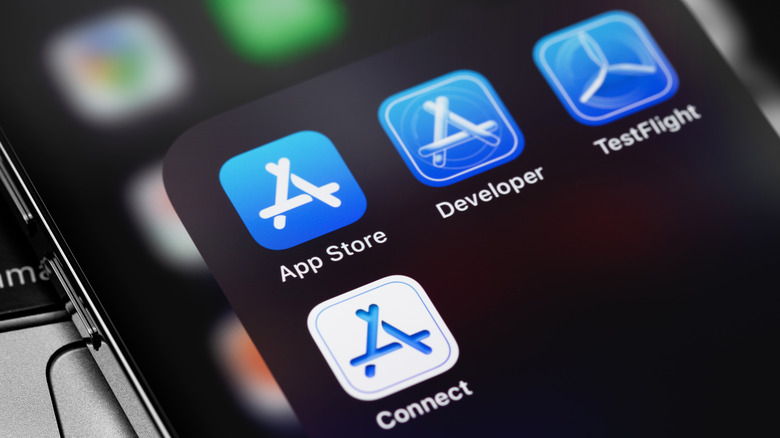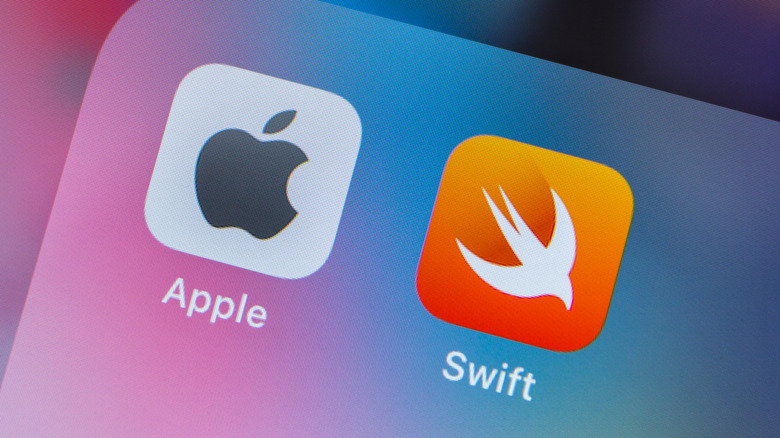Apple App Store Gives Outdated Apps Some Breathing Room
Apple takes pride in its App Store selection of quality apps and digital content, and that's due, in part, to its mostly manual curation of what goes into the store and what is kept out. Once you get past the initial scrutiny that comes with launching a new product in the App Store, your place in it is pretty much set for life — or, at least, until you push an update that starts the process anew. This reality is changing in a big way in the coming months and outdated apps are going to be given the boot. After backlash following its initial announcement, Apple is giving developers a bit more time to set things straight, but it isn't backing down from its hardline stance.
On one hand, there are many valid reasons for Apple to only offer up-to-date and regularly updated apps on its store. In addition to keeping up the appearance of a living and thriving ecosystem, this mandate also ensures apps are working properly on the most recent versions of iOS and macOS. The App Store, after all, promises a "great user experience," which doesn't just cover privacy and security but also ensures access to the best apps for the job. Being able to discover apps that take advantage of the latest platform features only works if all the apps are actually updated.
On the other hand, keeping apps up to date even when they don't really need to be updated can be a ton of work for developers, particularly indie devs who just do apps on the side. Every update would put the app at risk of being removed thanks to Apple's review process, even if very little changed in the actual code. Fortunately, Apple is clarifying its new policies for dealing with outdated apps and is giving developers a bit more wiggle room to meet those requirements.
New guidelines for old apps
First and foremost, Apple will only consider an app "outdated" if it hasn't been updated once within the last three years. That label will be especially true if the app hasn't been downloaded at all within a rolling 12-month period or its download numbers have been extremely low. Developers with such outdated apps will receive an email reminding them to update their apps or be removed from the App Store.
In the previous version of its new App Store policy, Apple only gave developers 30 days to update their apps upon receiving that email. That's not enough time for indie or solo devs to respond, especially when the app in question is a large game. Thankfully, Apple has extended that grace period to 90 days, which will hopefully be enough time for them to act on it.
Apple does reassure both developers and users that apps that are delisted from the App Store will continue to function on devices on which they have already been installed. Developers will still continue receiving revenue from in-app purchases as well, but getting back into Apple's good graces will probably involve a lot more work after they've been kicked out.

